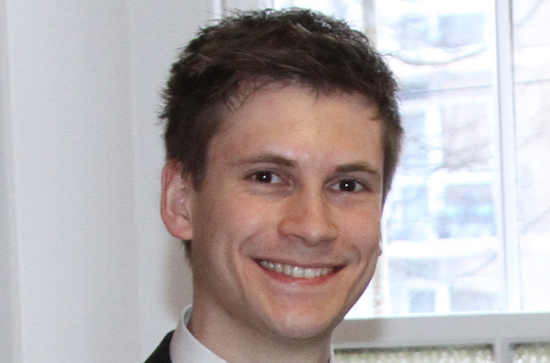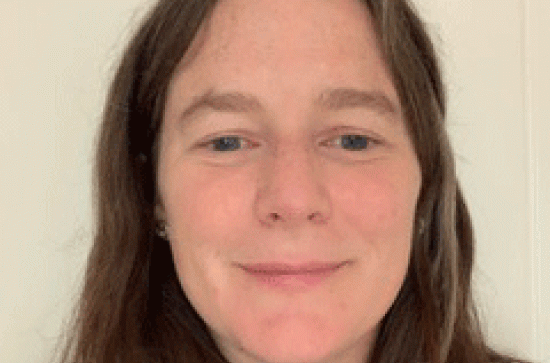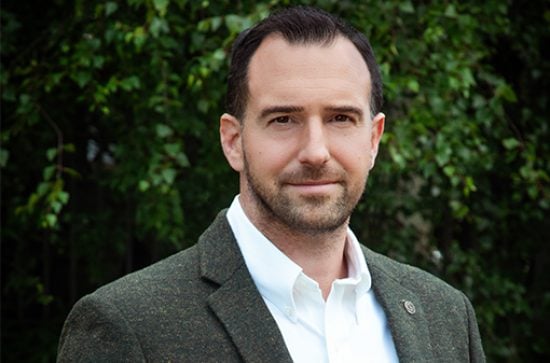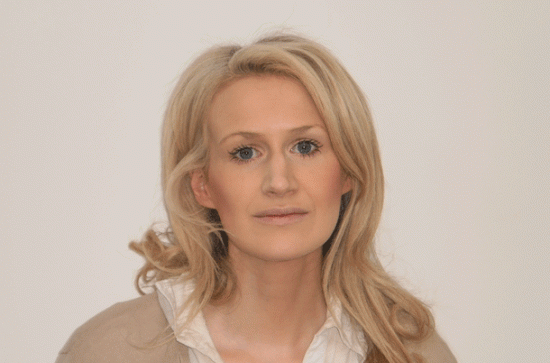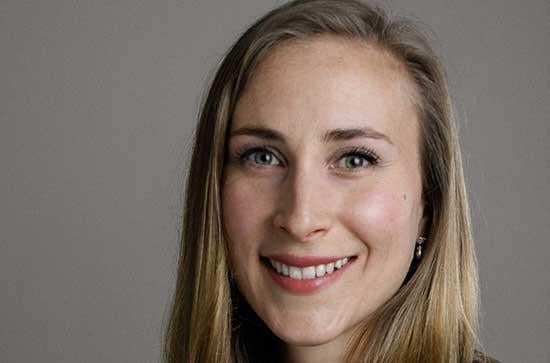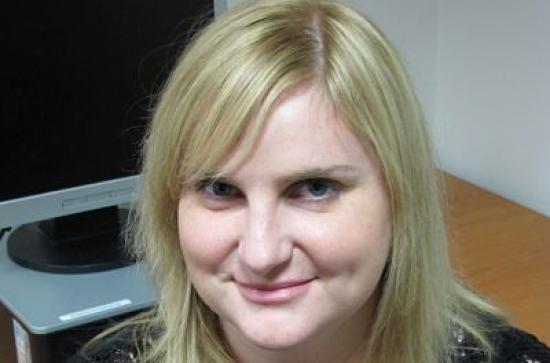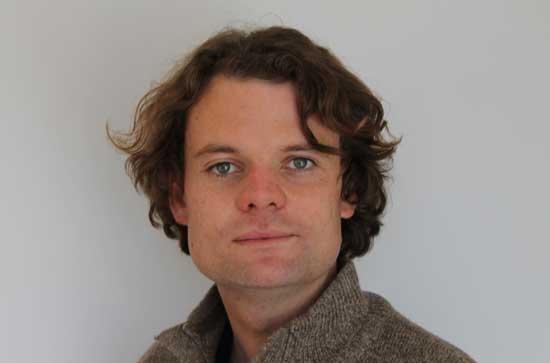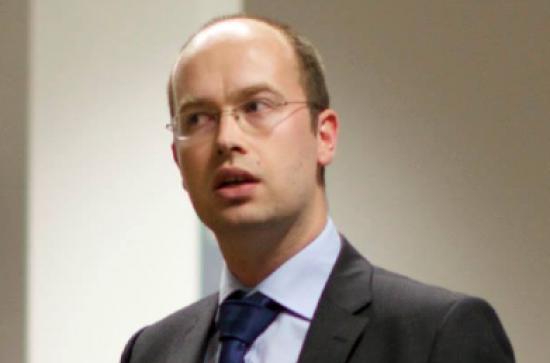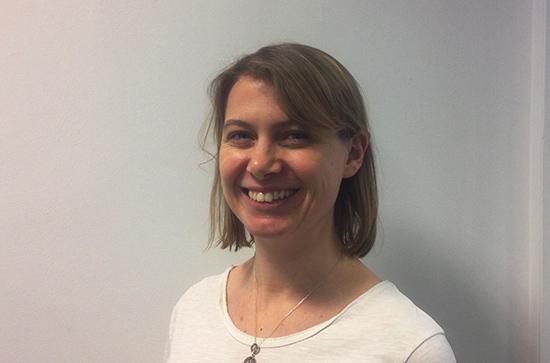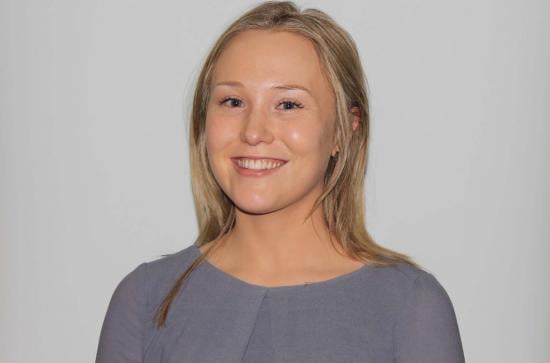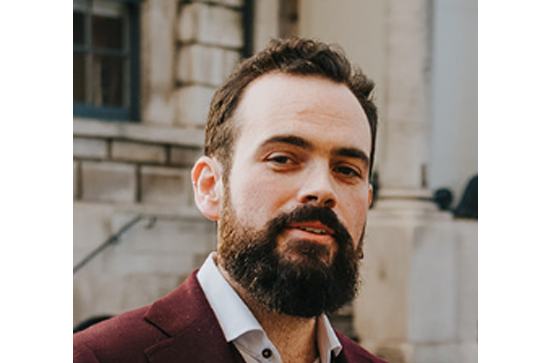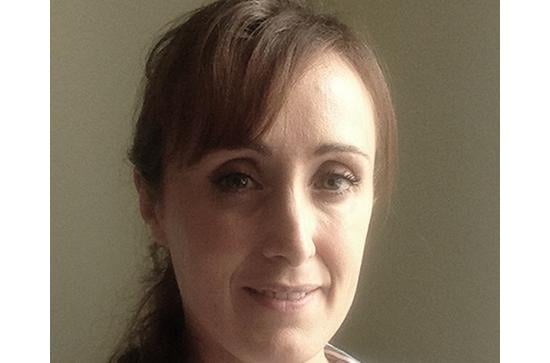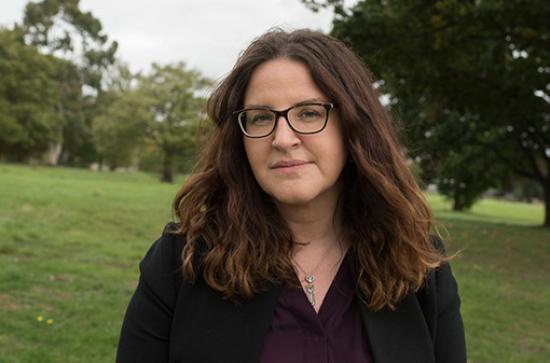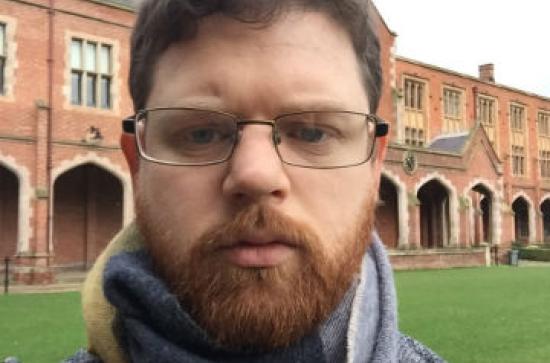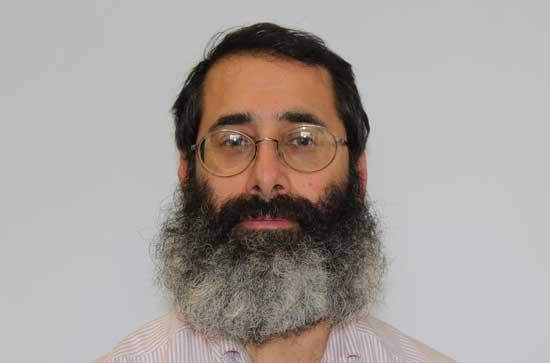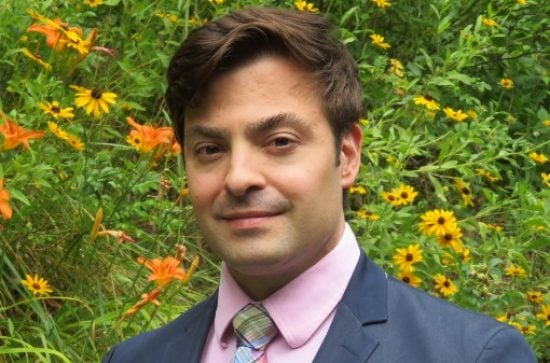Qualification : MICRO-CREDENTIAL (9)
Award Type and NFQ level : MICRO-CREDENTIAL
CAO/MU Apply code : MMC19
CAO Points :
There is a growing interest in using restorative practices to address challenges and injustices in society today. Participants will be introduced to the concept of restorative practices as they fit with restorative justice and their practical application. It will also introduce participants to designs for the use of restorative practices across a diverse range of situations, such as workplaces, education, communities, prisons, youth and with survivors of abuse. The course will provide participants with the practical tools to develop and implement best restorative practices in a variety of settings.
Through blended learning that employs online and live classes, practice sessions and peer feedback, this micro-credential will provide participants with a structured learning environment. Following completion of the micro-credential, these credits may be accepted as part of relevant School of Law and Criminology postgraduate programmes, such as postgraduate diplomas or masters.
Note: On successful completion of this micro-credential you will receive credits as per the European Credit and Transfer System. These credits are recognised by Maynooth University as credits aligned to learning completed at postgraduate level.
Level: Aligned to NFQ Level 9
ECTS: 10
Fee: 1,950 EUR
Applicants should hold at a minimum a 2:2 grade National Framework of Qualifications Honours (Level 8) award or an equivalent international qualification.
Applicants who do not hold a primary or higher degree but have sufficient and relevant professional experience are also welcome to apply. Please see our Recognition of Prior Learning (RPL) webpage for further information. Applicants who wish to apply via RPL must submit a completed copy of the RPL form along with any supporting documentation with their application.
For more information on the minimum English language requirements, please refer to the Language Competencies section of the Maynooth University Micro-credentials Entry Requirements and the English Language Requirements tab here for the tests and scores that are accepted.

Academic
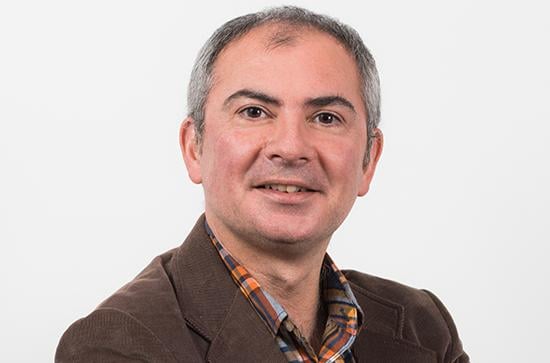
Academic

Academic

Academic

Academic
Department of Law
Department of Jean Monnet Chair in EU Law and Fundamental Rights
Department of Centre for European and Eurasian Studies
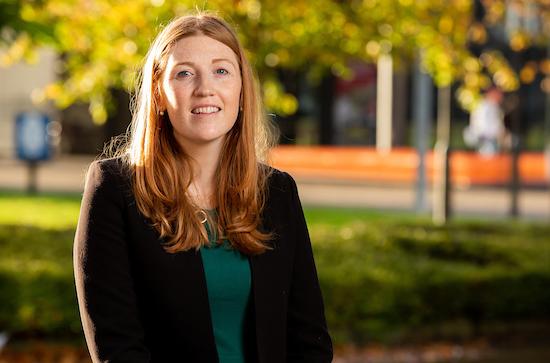
Academic
Mode of Delivery (online/on campus/hybrid) Hybrid
Course Structure (days/times) Lectures take place on Tuesday evenings online and in person on several Saturdays:
2025 Course Dates:
- Saturday 22nd February (on campus)
- Tuesday 25th February (online)
- Saturday 8th March (on campus)
- Tuesday 11th March (online)
- Saturday 22nd March (on campus)
- Tuesday 1st April (online)
- Saturday 12th April (on campus)
- Tuesday 15 April (online)
- Tuesday 29th April (online)
- Saturday 10th May (on campus)
This course is not yet accepting applications. To be among the first to hear when applications open, please register your interest by completing this short form.
The following documents should be uploaded to your online application form:
- Valid passport / passport card OR birth certificate.
- Official University Degree Parchment or Transcript (if applying with a qualification). In such cases, the Transcript / Parchment must include full name, name of the qualification, conferring date and name of awarding body.
- Recognition of Prior Learning (RPL) application form (if applying as a professional with relevant experience).
- Proof of English language competency (where relevant).
Note: failure to provide all necessary documents will result in a delay to your application being processed.







